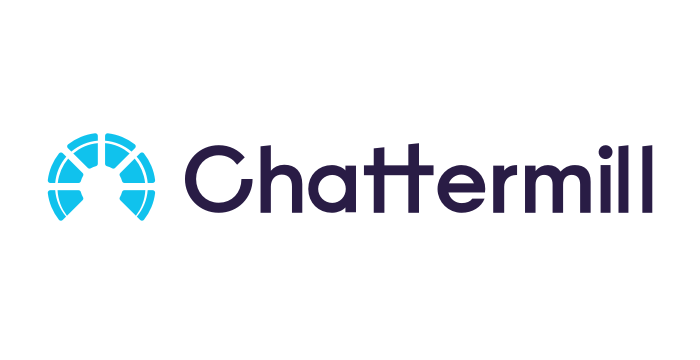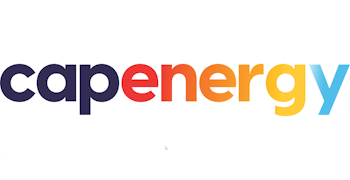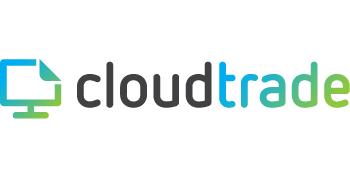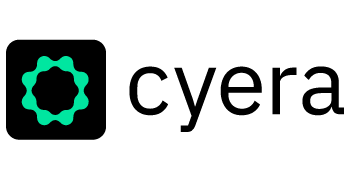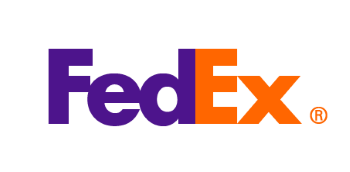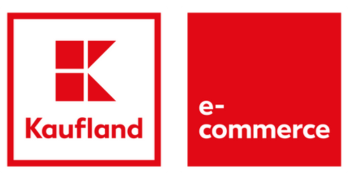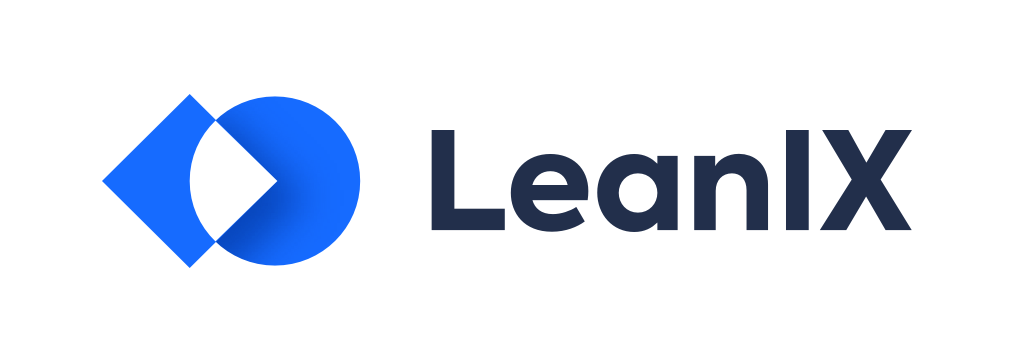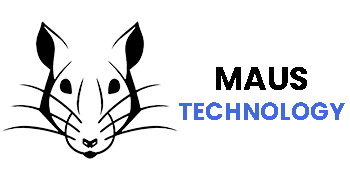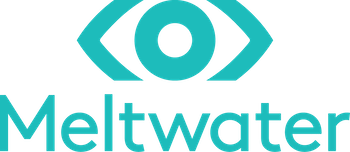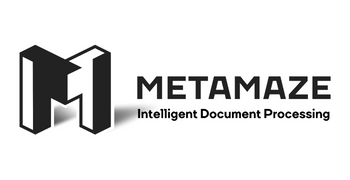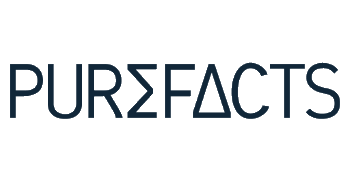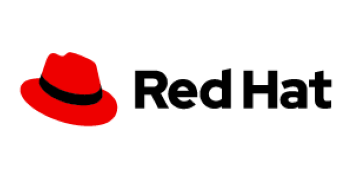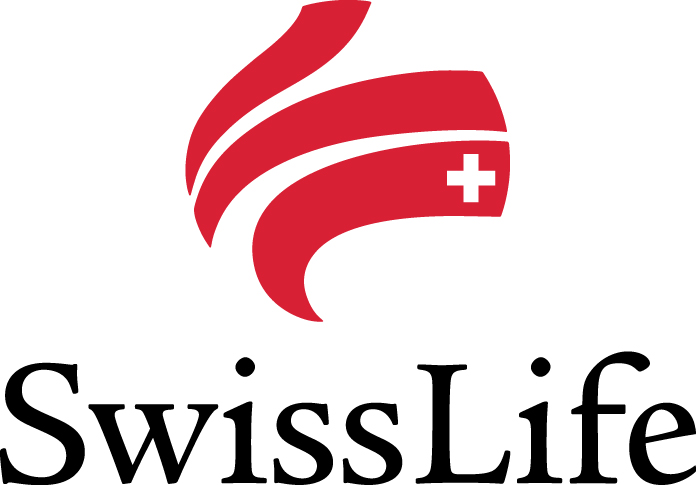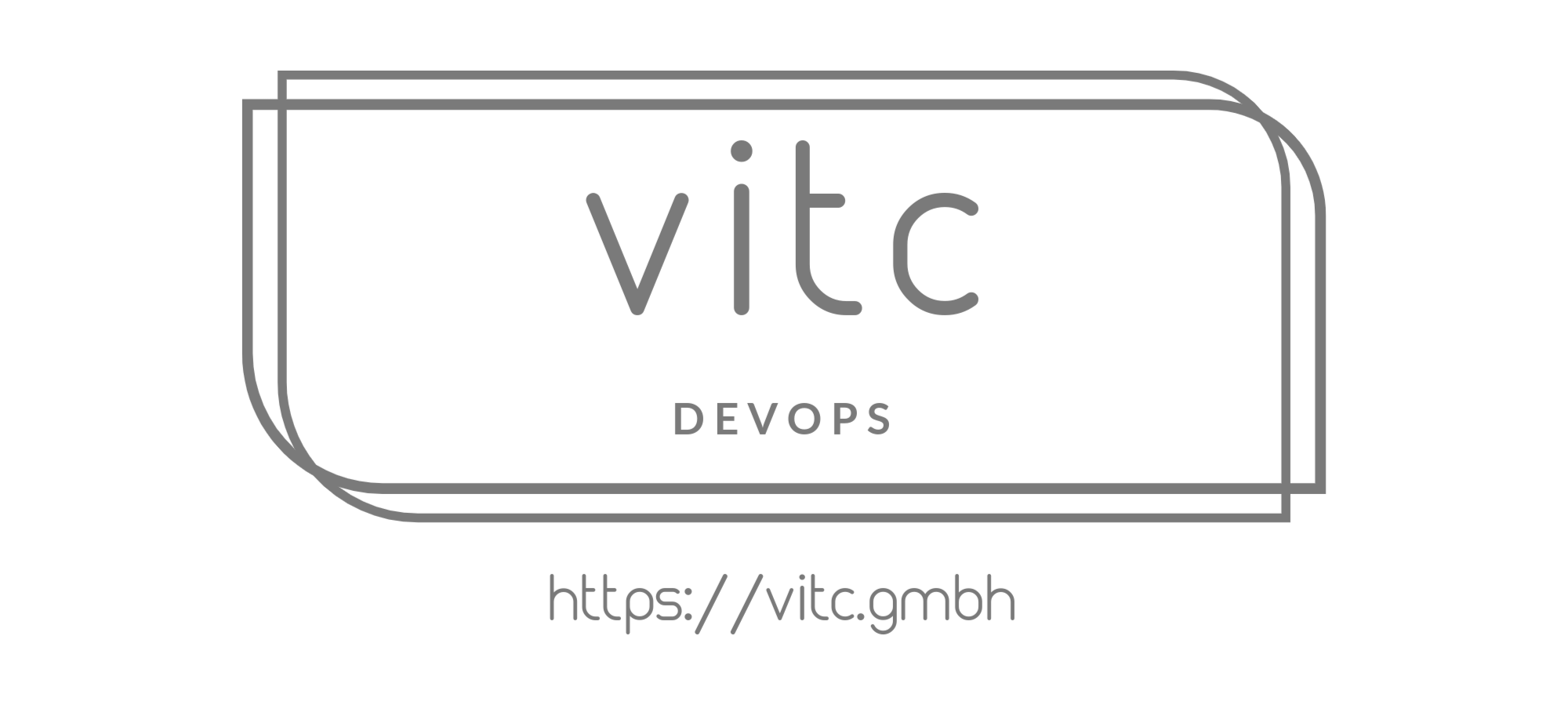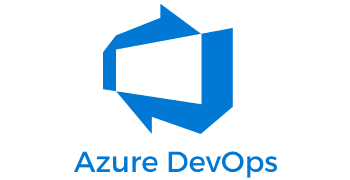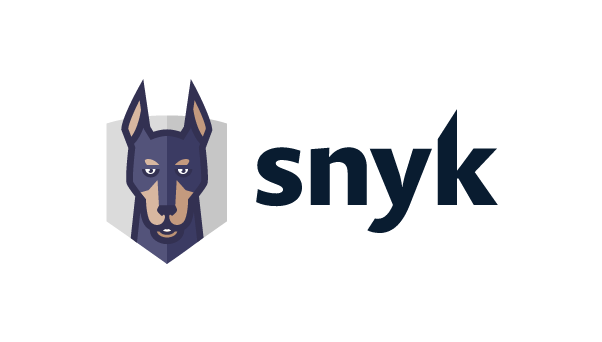Kubernetes Event-driven Autoscaling
Application autoscaling made simple
What is KEDA?
KEDA is a Kubernetes-based Event Driven Autoscaler. With KEDA, you can drive the scaling of any container in Kubernetes based on the number of events needing to be processed.
KEDA is a single-purpose and lightweight component that can be added into any Kubernetes cluster. KEDA works alongside standard Kubernetes components like the Horizontal Pod Autoscaler and can extend functionality without overwriting or duplication. With KEDA, you can explicitly map the apps you want to use event-driven scale, with other apps continuing to function. This makes KEDA a flexible and safe option to run alongside any number of any other Kubernetes applications or frameworks.
Features
Event-driven
Intelligently scale your event-driven application
Built-in Scalers
Catalog of 70+ built-in scalers for various cloud platforms, databases, messaging systems, telemetry systems, CI/CD, and more
Multiple Workload Types
Support for variety of workload types such as deployments, jobs & custom resources with /scale sub-resource
Reduce environmental impact
Build sustainable platforms by optimizing workload scheduling and scale-to-zero
Extensible
Bring-your-own or use community-maintained scalers
Vendor-Agnostic
Support for triggers across variety of cloud providers & products
Azure Functions Support
Run and scale your Azure Functions on Kubernetes in production workloads
KEDA: Unlocking Advanced Event-Driven Scaling for Kubernetes
From KubeCon Europe 2025
Scaling New Heights with KEDA: Performance, Extensions, and Beyond
From KubeCon Europe 2024
Exploring KEDA's Graduation and Advancements in Event-Driven Scaling
From KubeCon North America 2023
Scalers
Scalers represent event sources that KEDA can scale based on
Highlighted Samples
We provide a variety of samples, but here are some of our highlights:
.NET Core worker and Azure Service Bus
Scale a .NET Core worker based on an Azure Service Bus queue.
Get Involved
If you’re interested in contributing to or participating in the direction of KEDA, you can join our community meetings.
- Meeting time: Bi-weekly Tues 17:00 (European time - CEST/CET). (Subscribe to Google Agenda | Convert to your timezone)
- Zoom link: https://zoom.us/j/96655859927?pwd=cGxaWWpHOVZSMEZDY3NuWWVIMERtdz09 (Password: keda)
- Meeting agenda: Google Docs
Just want to learn or chat about KEDA? Feel free to join the conversation in the #keda (general), #keda-dev & #keda-docs channel(s) on the Kubernetes Slack!
KEDA is a Cloud Native Computing Foundation graduated project








